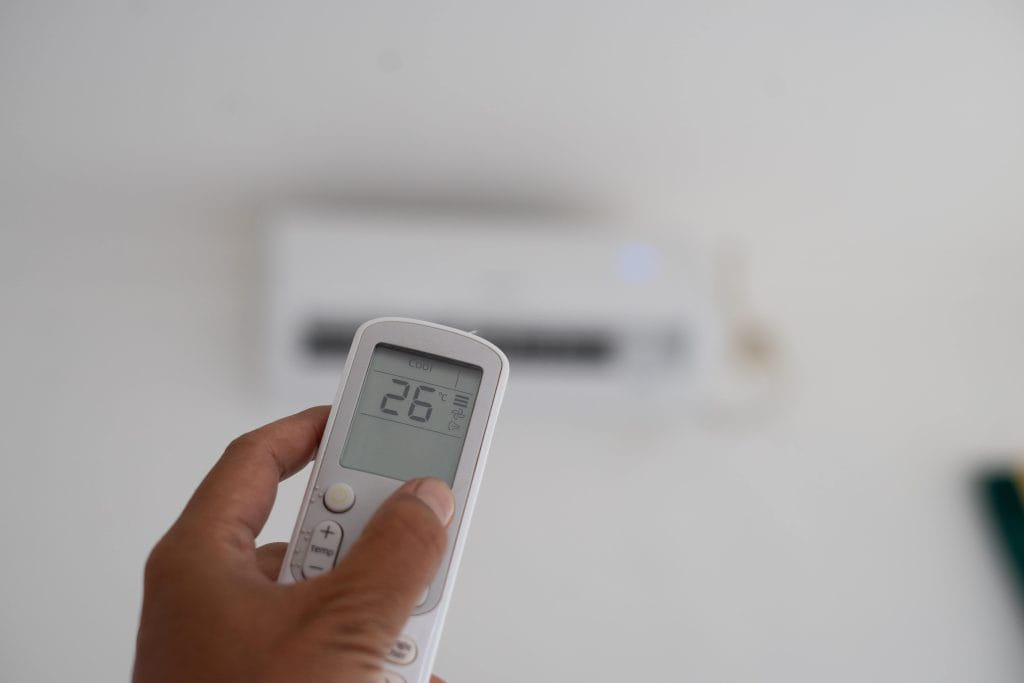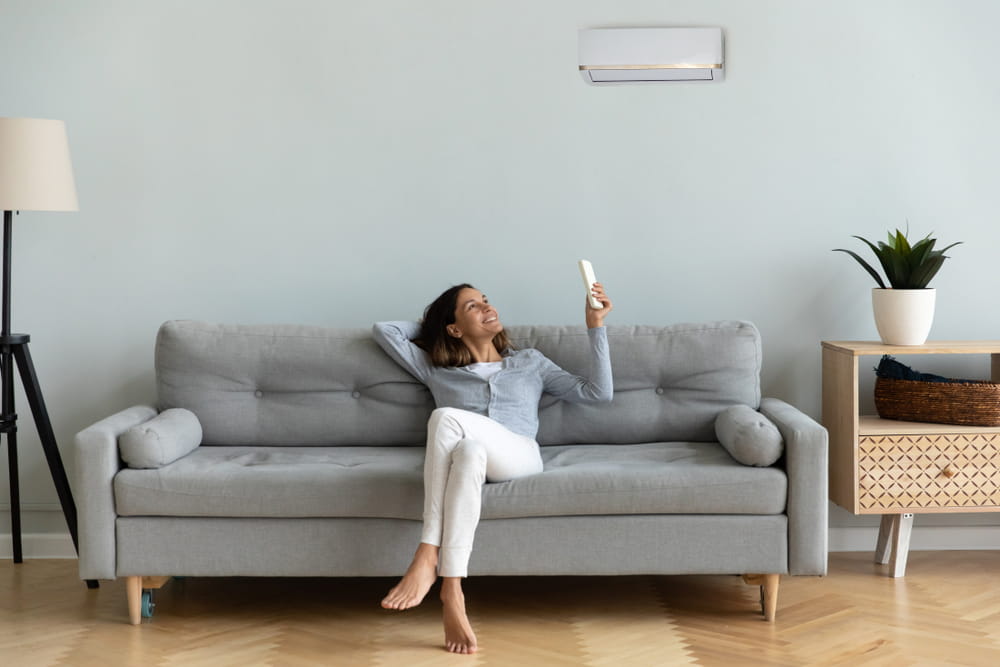Summer 2025 is expected to bring soaring temperatures, and anyone looking to stay comfortable throughout the season should invest in modern, efficient, and eco-friendly air conditioning systems. When it comes to the best air conditioners of 2025, the market offers a wide array of solutions that combine high energy ratings, powerful performance, smart technologies, and a strong focus on environmental impact. Let’s take a closer look.
Which Is the Best Air Conditioner Brand?
When choosing the best air conditioner brand, it’s important to look beyond the logo. What really matters are the technical specifications, long-term reliability, and overall value for money. A good air conditioner in 2025 should meet several key criteria.
- High energy rating (A++ or higher): to significantly reduce electricity bills.
- Use of R32 refrigerant gas: which is more efficient and less harmful to the environment than older gases.
- Inverter technology: adjusts power usage to demand, avoiding energy waste.
- Heat pump function: ideal for keeping warm in winter as well.
- Advanced filtration systems: to improve indoor air quality.
- Low noise levels: for both indoor and outdoor units.
Buyers should also consider how many rooms need cooling. A mono split system is perfect for a single room, while a dual split system can cover multiple areas using just one outdoor unit.
Ultimately, reducing energy costs and ensuring optimal indoor comfort should be top priorities when choosing a cooling system.

What Is the Best Air Conditioning Unit in 2025?
As mentioned above, today’s top-performing air conditioners must meet evolving needs: lower energy consumption, remote control, environmental sustainability, and suitable cooling capacity.
A 9,000 BTU model (BTU stands for British Thermal Unit – a measure of heating/cooling power) is ideal for rooms up to 25–30 square metres. In well-insulated homes, this capacity is more than enough to maintain a comfortable temperature.
It’s also important to distinguish between air conditioners and climate control units – terms that are often used interchangeably, though they refer to different technologies:
- An air conditioner cools the air, making it ideal for lowering indoor temperatures during the summer.
- A climate control unit offers humidity regulation and often includes a heat pump, enabling use all year round.
A climate control unit is therefore a more complete and versatile solution. Modern models also offer features such as:
- Integrated Wi-Fi and dedicated apps for remote control
- Motion and presence sensors to activate airflow only when needed
- Silent modes for overnight use
- Eco modes to reduce power consumption
- Dehumidification functions to control moisture levels
- Compatibility with smart home voice assistants
For even greater indoor comfort in 2025, IRSAP’s Air range of mechanical ventilation with heat recovery (MVHR or VMC in Italian) offers an advanced solution.
While these systems don’t generate cold air like an air conditioner, they are crucial for maintaining it. By extracting stale air and supplying fresh, filtered air, they prevent heat build-up and ensure even temperature distribution.
In homes with cooling systems, IRSAP’s MVHR units help to prolong the effect of air conditioning, lightening the workload on the system and reducing energy consumption.
A key benefit of IRSAP’s MVHR systems is heat recovery, which is useful even in summer. As fresh air enters the home, it passes through a heat exchanger that brings it closer to the indoor temperature – reducing thermal shocks and cutting energy costs. The result: better energy performance and lower environmental impact for the entire building.
Summer heat also brings humidity, which can undermine comfort. MVHR systems help regulate humidity, keeping rooms feeling fresher even at moderate temperatures – which in turn reduces reliance on air conditioning and improves the overall cost-efficiency of the system over time.

Which Air Conditioners Are Least Reliable?
The true value of a good cooling system is measured not only in how quickly it refreshes your home after a long day in the heat – but in its long-term performance.
That’s why it’s better to invest in quality products, even if they cost more up front. Cheap models may seem attractive, but they often result in higher costs down the line due to breakdowns and premature replacement.
Generally, an air conditioner is less reliable when:
- It has a low energy rating (below class A)
- It uses older refrigerants, which are less efficient and more polluting
- It suffers from frequent faults, either in the indoor or outdoor unit
It lacks adjustable airflow, making it harder to tailor comfort to your needs










































